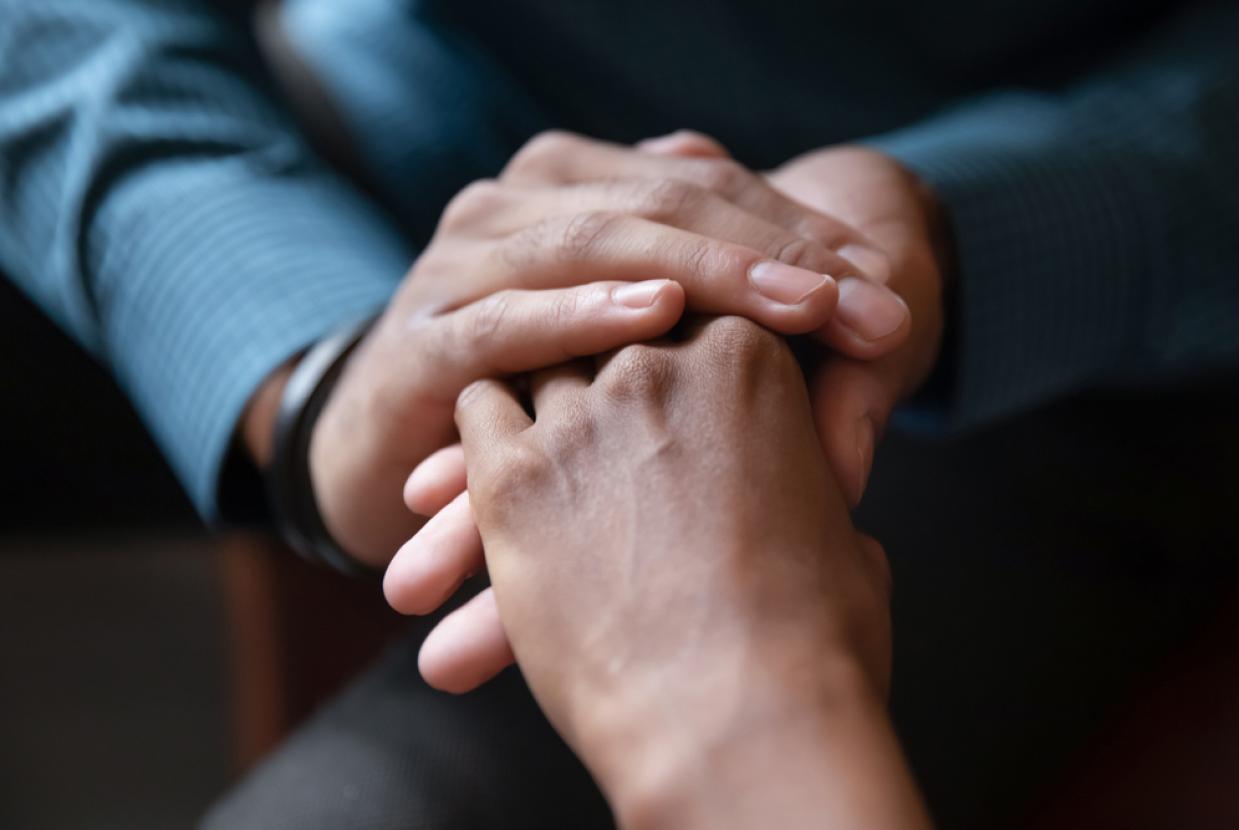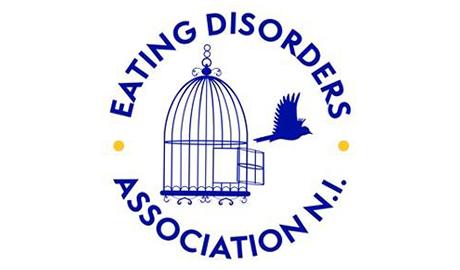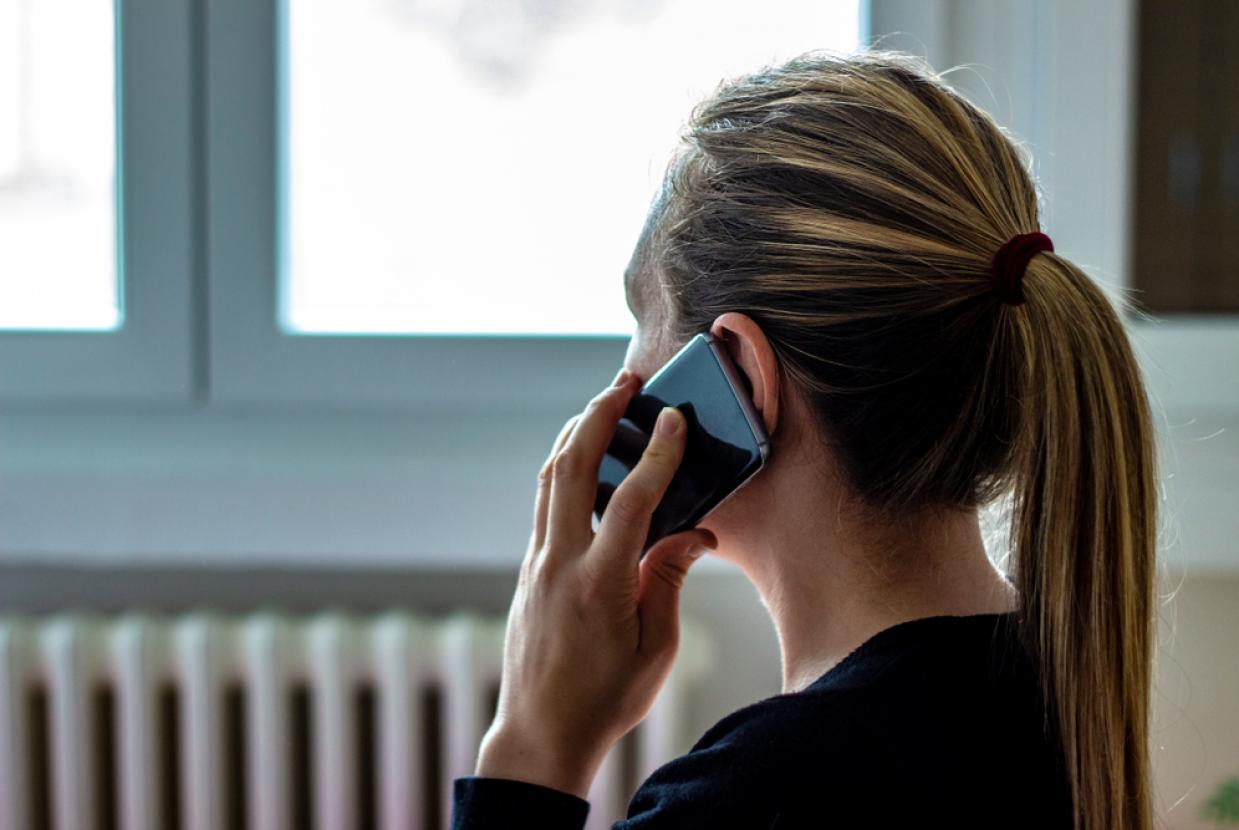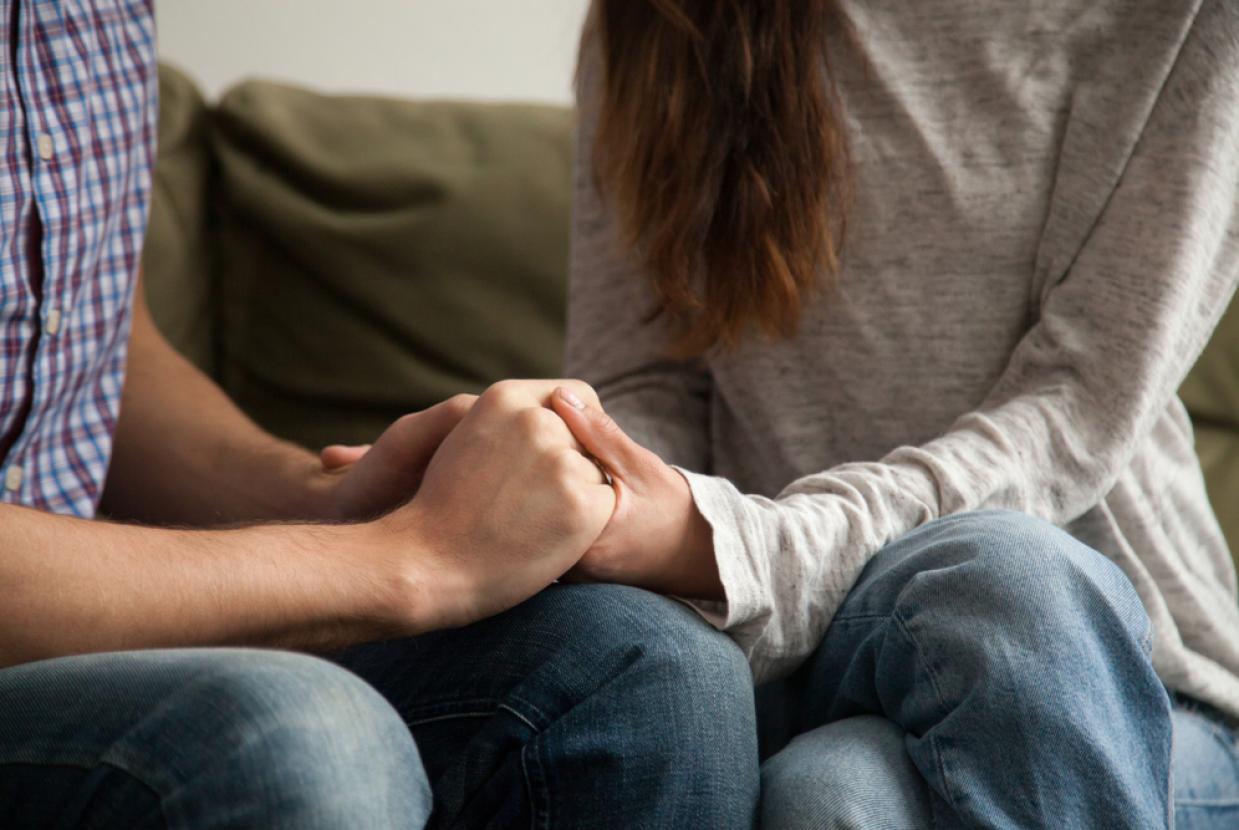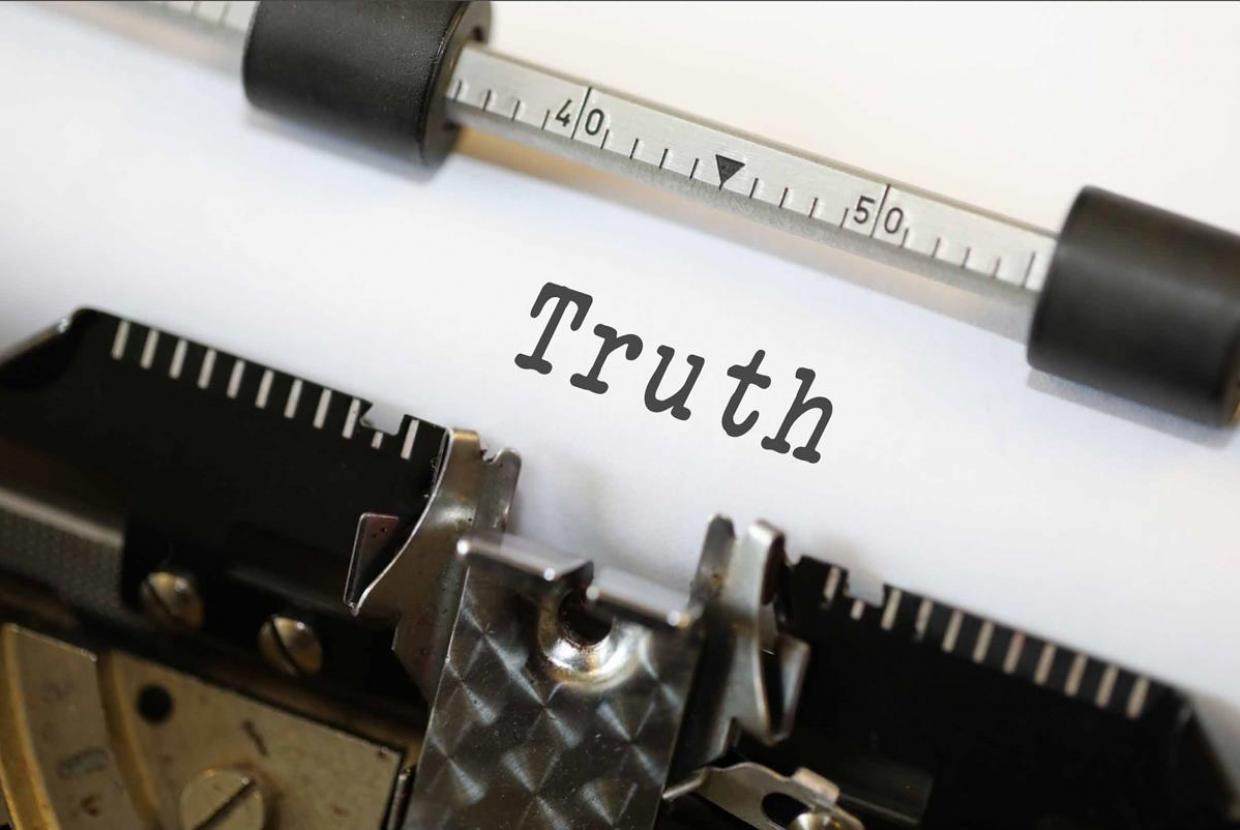Supporting Someone
Supporting someone with an eating disorder can be a very difficult, lonely and indeed confusing time for all involved, whether you are a parent, sibling, girlfriend, boyfriend, friend, aunt or uncle.
First and fore mostly, it is important to remember to look after your own health and well-being. It can be tiring and exhausting supporting someone with an eating disorder, it is important that your needs are not neglected at this time.
If you are worried that a loved one may have an eating disorder, it is important to encourage them to seek professional help as soon as possible. Early intervention for the treatment of eating disorders is very important. Our section ‘Pathways To Care’ has useful information on the professional services available.
There are many ways in which you can support your loved ones recovery; indeed your support can very much play a crucial role in their journey. Whilst it is extremely difficult to watch a loved one experience pain and distress, it is important to remember that for the journey of recovery to begin, the person themselves ultimately needs to recognise that there is a problem and that they actually want to let go of the illness, their coping mechanism.
It can take people quite some time to reach the stage whereby they feel ready to let go and this can be very difficult for those around them. Knowing that they have your support however will help them to make this difficult leap so it can be helpful to let them know that you recognise how difficult it is for them and that you are there to support them. Just them knowing that can be a comfort and a great support.
Supporting someone with an eating disorder can provoke a range of difficult; feelings, anger, sadness, hopelessness, guilt. These are all normal and it is ok to feel this. Remembering that eating disorders are a serious psychological illness can help to avoid the blame for these feelings being placed on the person with the eating disorder. Remembering this and that eating disorders are a very destructive coping mechanism can facilitate the development of a supportive relationship with your loved one. Indeed reminding yourself that eating disorders are a coping mechanism can help you to understand why it is so very difficult for the person to let go. Eating disorders serve as a purpose for the person, it helps them to feel like they are coping, it helps them to feel safe.
It is important to remember that everyone’s experience of an eating disorder is very different and indeed what helps one person to recover may not necessarily help another. However, here are some ideas of the ways in which you can support your loved one.
General Points
- Remember that eating disorders are complex illnesses – you cannot simply ‘fix’ things for your loved one. This can be very difficult to sit with.
- Learn as much as you can about the illness
- If you are a parent and have other children, talk to them about what is going on. This will be affecting them too.
- If you are a sibling, remember this is not your fault, it is important that you express your feelings also. Talk to your parents/carers/teacher. Your needs are just as important.
- Be open and honest about your feelings and concerns
- Eating disorders can be isolating, try and include them.
- Avoid diet talk, body shaming, labelling of food as ‘good’ or ‘bad’, references to weight and shape.
- When talking about the illness with them, remember that eating disorders are about feelings, try and not focus the conversation therefore on food but rather ask them about how they are feeling and how you can help. They might not know how you can help, that is ok.
- Accept all their feelings as real and valid. Don’t minimise them eg ‘don’t be silly, why do you think that?’ This can close the conversation down and may make it harder for them to open up again.
- Try and use language that is non-judgemental or blaming.
- Try and not guess or assume what has caused the eating disorder to develop. Eating disorders are very complex.
- Progress in recovery is not as simple as measuring it in terms of weight and food intake. Indeed many people talk about how their greatest struggle was when they were eating a balanced amount of food and trying to maintain a healthy weight range without engaging in eating disordered behaviours.
- Be aware that recovery from an eating disorder and stopping eating disorder behaviours can provoke an array of very difficult emotions for the person. Changes in relationships may occur.
- Remember, no-one chooses to develop an eating disorder
- Remember change can take time and relapses are not uncommon.
- Simply being them for them and letting them know that they have your unconditional support will be invaluable to them
Meal Times
Meal times can be very difficult for someone with an eating disorder and it is likely that they may be feeling very overwhelmed. It can be difficult to know what to say or do. Here are some ideas that might help:
- Plan to eat with them.
- Prearrange a menu plan with them, what you will cook and eat together – this should be balanced.
- Agree a time together and try and stick with this time. Meal times are already anxiety laden, last minute changes can be too overwhelming for the person to cope with.
- Try and keep the conversation neutral and light hearted around the table to help distract them
- Avoid any diet talk, references to calories, labelling of food as ‘good’ or ‘bad’, references to weight and shape.
- You may have to encourage them to eat but be aware that you are not pressuring them
- After meals can be equally difficult for the person, offer to do something together that may help distract them from any compensatory type eating disordered behaviours such as exercising and or making themselves sick.


